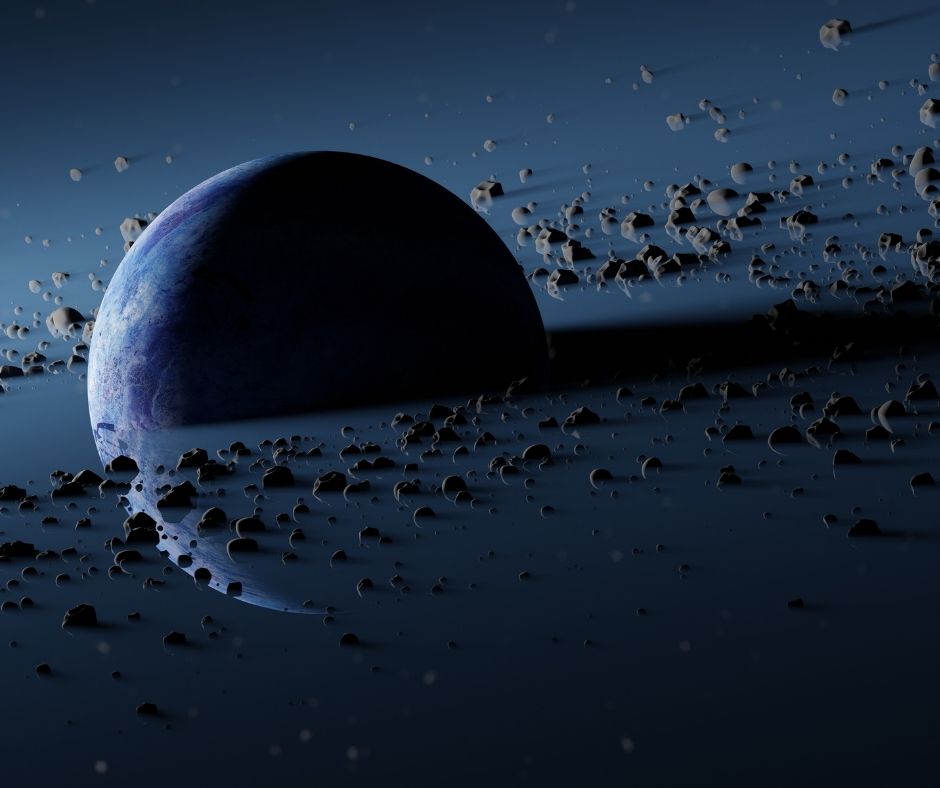There are no items in your cart
Add More
Add More
| Item Details | Price | ||
|---|---|---|---|

Thu Apr 25, 2024

Our trusty Hubble Space Telescope, that tireless explorer of the cosmos, never ceases to amaze. For over 30 years, it's been beaming back breathtaking images of distant galaxies and cosmic phenomena. But what if I told you Hubble has been secretly stockpiling a treasure trove right under our noses?
That's exactly what happened! Thanks to a brilliant collaboration between citizen scientists, space agencies, and some clever machine learning, a massive haul of over 1,000 new asteroids has been unearthed from Hubble's existing data archive.
Imagine sifting through years of attic boxes and stumbling upon a forgotten chest overflowing with jewels! This discovery is akin to that, but instead of jewels, we have leftover building blocks from the birth of our solar system 4.5 billion years ago!
These newfound asteroids, ranging from pebble-sized to potentially sizable space rocks, were hiding in plain sight. How? Because Hubble doesn't just capture static images. As it zips around Earth, its perspective changes slightly. This shift reveals a telltale sign of these celestial nomads: faint, blurry streaks.
By analyzing these streaks, astronomers can not only pinpoint the asteroids' distances but also estimate their orbital paths.
This discovery is a game-changer for two reasons.
First, it highlights the immense value of archived data. Just like that dusty attic chest, treasures can be waiting to be rediscovered with new tools and approaches. Second, studying these asteroids is like peering back in time, offering clues about the formation and evolution of our solar system.
So, the next time you gaze up at the night sky, remember – there are more hidden wonders out there than meet the eye. And who knows, with a little ingenuity, some of those wonders might already be hiding in plain sight, waiting to be revealed!

{{Sameer Kumar}}